 Credit: ACI Africa
Credit: ACI Africa
He added in reference to the pastoral visit to Nyuswa situated in the Valley of the Thousand Hills and Mzinyathi Traditional Authority in the North Coast, “We had to walk on very sloped areas, most places are not accessible by car because roads have been completely destroyed.”
“In Mzinyathi, people were grouped together in a town hall; they lost everything; it was very painful”, the member of the Congregation of the Missionaries of Mariannhill (CMM) who was appointed Archbishop of Durban in June 2021 said.
He added, “It's very clear that basic needs are so important right now; the last place we went, for instance, there were over 100 people living in a center together with more than 40 children. We distributed food parcels and gave a few words of encouragement and consolation; They were very grateful.”
 Credit: ACI Africa
Credit: ACI Africa
(Story continues below)
On May 13, South Africa’s Police Minister Bheki Cele announced that the death toll from the KwaZulu-Natal floods was at 447 and 89 people are reportedly still missing and that search and recovery operations were ongoing.
A report published May 13 by the World Weather Attribution shows that human-induced climate change made the extreme rainfall that triggered last month’s deadly floods in South Africa.
"Without human-caused global warming, such an event would only happen once every 40 years, so it has become about twice as common as a result of greenhouse gas emissions," the report reads in part.
 Credit: ACI Africa
Credit: ACI Africa
In the May 14 interview with ACI Africa, the Apostolic Nuncio in South Africa underscored the Church’s role in raising awareness about climate change and the need for proper housing.
“There's already been a multi-pronged approach,” Archbishop Wells said, and explained, “During his pontificate Pope Francis has on many occasions spoken about climate change, and has expressed his concern about climate change, because who does it affect? Principally, the people who are already marginalized, the poorest of the poor, are the first to suffer from climate change.”
Pope Francis “has talked many times on the need for proper housing, for the need to make sure that people have decent housing, a place to live,” the representative of the Holy Father in South Africa further said.
 Credit: ACI Africa
Credit: ACI Africa
“It's not just about building safe and secure houses, but it's also about building houses in a clean place, a place that is possible to bring up a family,” he continued.
The Archbishop continued, “We were looking at the possibility of finding some assistance to help some people whose homes have been destroyed, but they cannot build again where they are now, it’s not safe … it would be irresponsible to build back there; we will not enter into this until we can ensure that we can get them to a different place.”
“We must always continue as a church to speak about these issues, to make people aware of this, and to make them realize that poverty at this level hits people at all different places. It's not just about not having enough to eat, it's also not having a decent place to live, it's also living in an unsafe place with no playgrounds for children”, the Apostolic Nuncio told ACI Africa.
He added, “We need to constantly be reminding people about this and trying to raise the level of consciousness of not just people here, but people all over within the church so that we can constantly be a voice for the voiceless, because these people do not have a voice.”
Sheila Pires is a veteran radio and television Mozambican journalist based in South Africa. She studied communications at the University of South Africa. She is passionate about writing on the works of the Church through Catholic journalism.
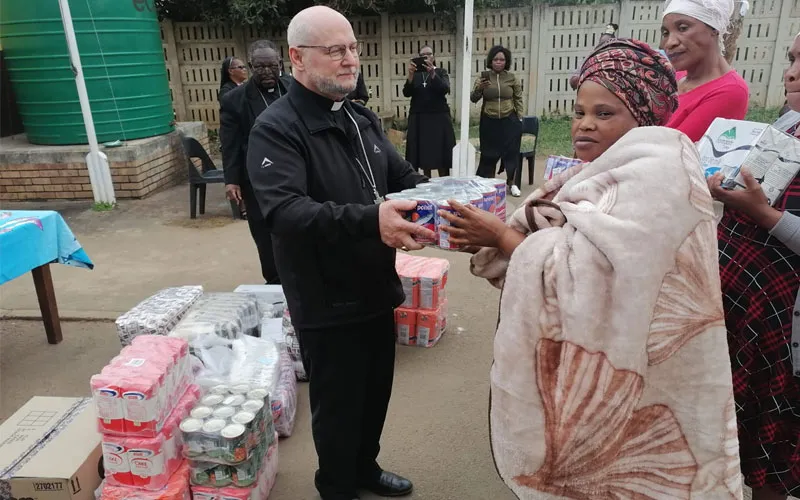 Credit: ACI Africa
Credit: ACI Africa


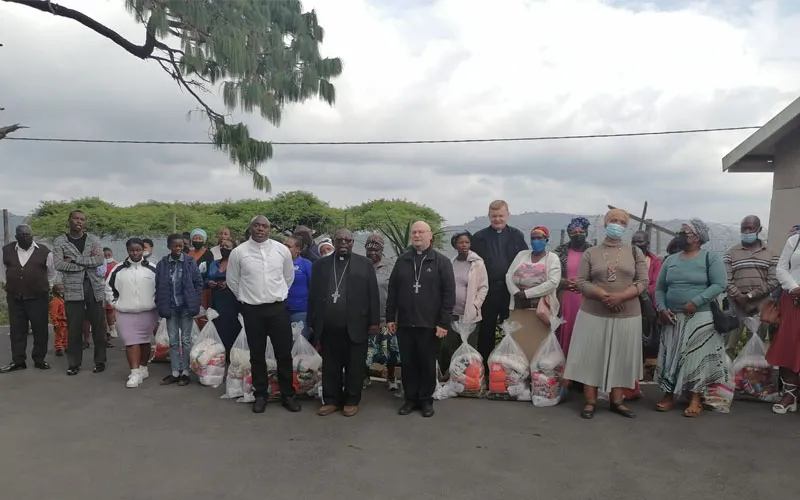
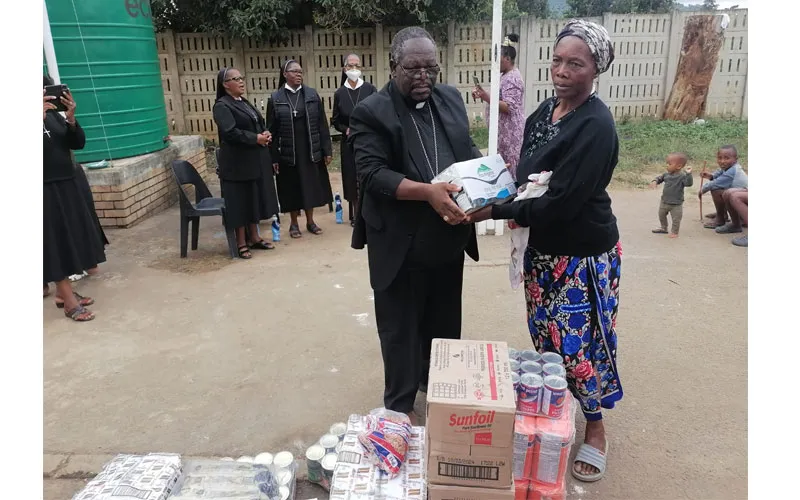 Credit: ACI Africa
Credit: ACI Africa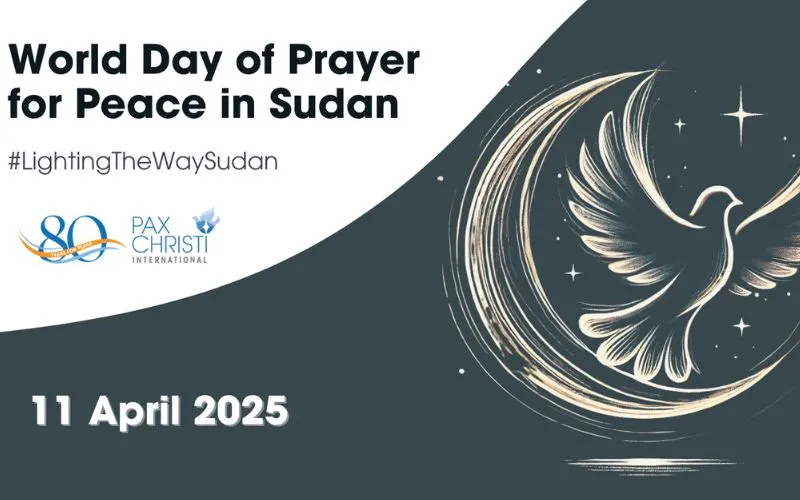
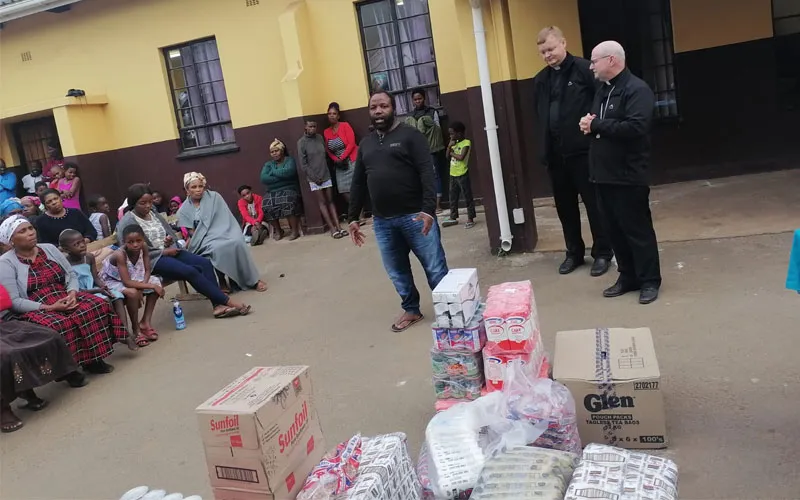 Credit: ACI Africa
Credit: ACI Africa Credit: ACI Africa
Credit: ACI Africa Credit: ACI Africa
Credit: ACI Africa Credit: ACI Africa
Credit: ACI Africa Credit: ACI Africa
Credit: ACI Africa


